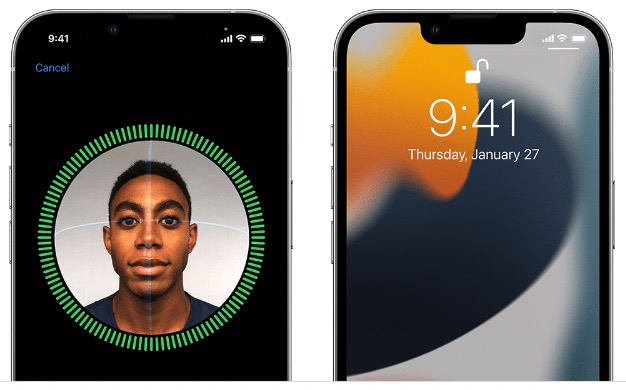
CBSA Eyes Smartphone Facial Recognition Tech for Up to $34 Million
The Canada Border Services Agency (CBSA) is planning a federal project that could see travellers using facial recognition technology via smartphones to identify themselves at border crossings.
The plan is still in its concept phase with a pilot project expected in two to four years. The plan is to create a faster and more seamless travel experience.
This optional system would match a photo from a traveller’s passport with a selfie taken on a mobile device, according to CBSA. As part of the prep work, the federal government has issued a notice seeking technical solutions from potential vendors, with contracts valued at up to $25 million USD ($34.1 million CAD), which seems like a hefty amount. The criteria for evaluation include image quality, fraud detection, and image matching capabilities.
“This research is a necessary and important step to ensure that the CBSA acquires the proper technology to support and optimize the future use of biometric technology at the border,” said agency spokeswoman Jacqueline Roby, to The Canadian Press.
However, the proposal has already sparked concerns among privacy advocates. An Ottawa-based civil liberties coalition is raising alarms about the privacy and accountability implications of such technology. The use of facial recognition has been divisive, highlighted by a parliamentary committee’s hearing on misidentification risks, especially for Black and Asian individuals, and the potential for mass surveillance.
The CBSA uses facial recognition tech already when Canadians are coming home at borders. As part of the customs clearing process, travellers can use booths to confirm their identities.
The House of Commons committee on access to information, privacy, and ethics, in its October 2022 report, has called on the government to develop a regulatory framework to address the use, oversight, and privacy of facial recognition technology.
Tim McSorley, national coordinator of the International Civil Liberties Monitoring Group, expressed concerns that this program could lead to broader applications, such as matching travelers’ photos against extensive image databases. “So without more clarity around the project, we’d be worried that this is a first step towards a more expanded use of this kind of facial identification program,” McSorley stated.
“For all new biometrics projects, we follow rules for privacy and test new technology with a diverse group of participants,” reassured Roby, saying that privacy is a key consideration in the development of this technology.


